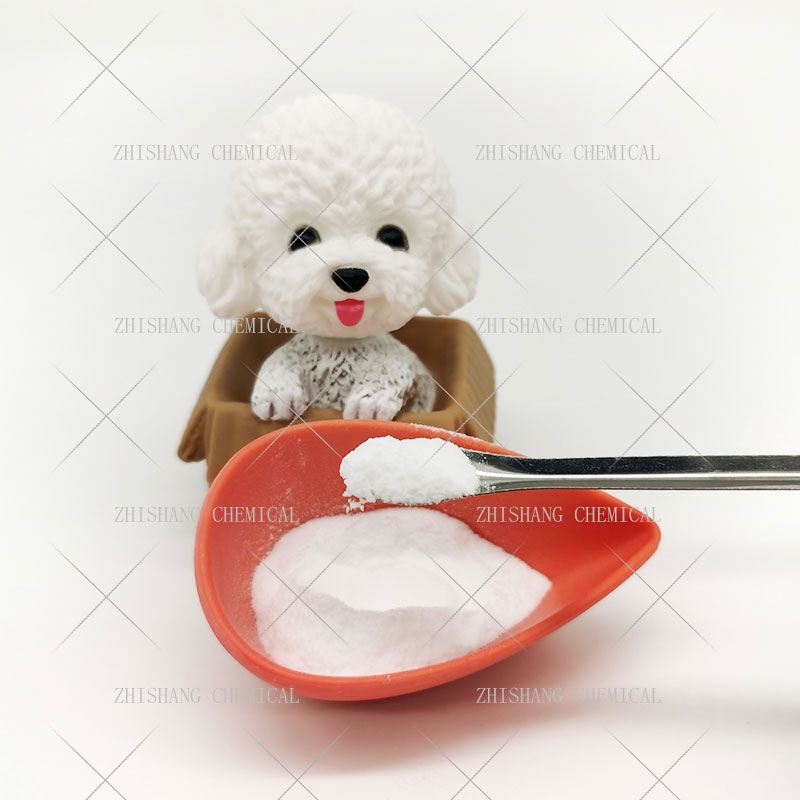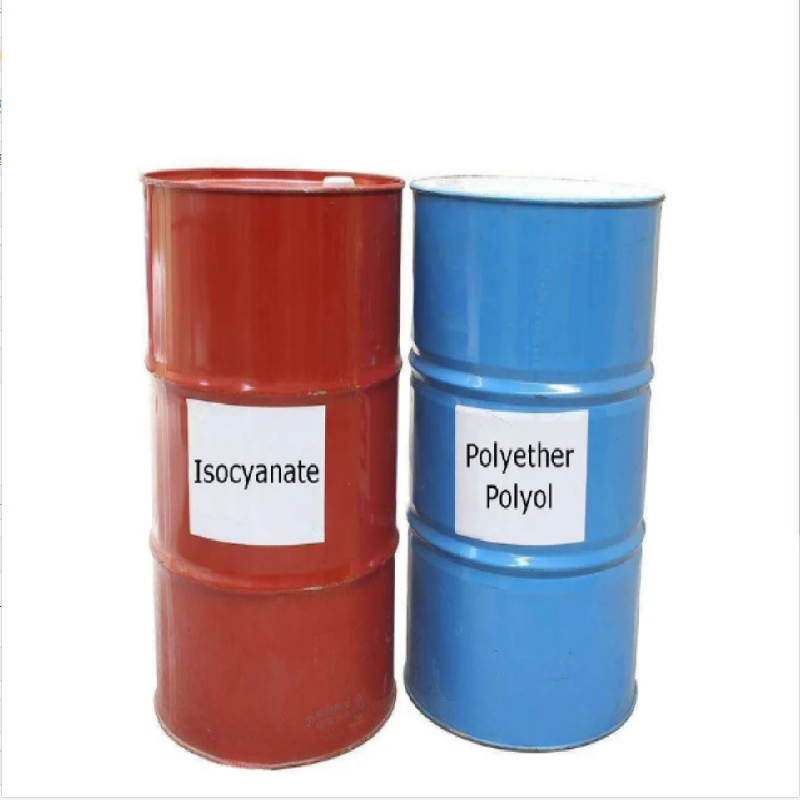-
Categories
-
Pharmaceutical Intermediates
-
Active Pharmaceutical Ingredients
-
Food Additives
- Industrial Coatings
- Agrochemicals
- Dyes and Pigments
- Surfactant
- Flavors and Fragrances
- Chemical Reagents
- Catalyst and Auxiliary
- Natural Products
- Inorganic Chemistry
-
Organic Chemistry
-
Biochemical Engineering
- Analytical Chemistry
-
Cosmetic Ingredient
- Water Treatment Chemical
-
Pharmaceutical Intermediates
Promotion
ECHEMI Mall
Wholesale
Weekly Price
Exhibition
News
-
Trade Service
[China Epoxy Resin Industry Online] August 30, 2004.
Petroleum is known as the "blood" of the national economy.
It is an important strategic resource and one of the important factors affecting the world's political situation and economic development in the past 50 years.
Oil prices have been volatile and have remained high for a long time, which has increased people's worries about global economic growth.
According to OECD calculations, an increase of US$5 per barrel in international oil prices under normal conditions will cause the world economy to fall by 0.
25%.
Among them, the economy of developed countries will decline by 0.
2%, and the economies of developing countries will decline by 0.
7%.
It is one of the world's most important oil consumers.
In the United States, if oil prices rise by 25%, inflation will rise by 1%.
In my country, if the oil self-sufficiency rate drops to 60% in 2010, as predicted by relevant experts, it will be more passively affected by the international oil market and oil prices.
Crude oil price fluctuations have a significant impact on the economic benefits of the petroleum and chemical industries, but the impacts on their sub-sectors vary considerably.
In this regard, we analyzed the correlation between the total profit of the relevant sub-sectors of the petrochemical industry and the fluctuation of oil prices since March 1999, and used a scatter diagram to visually reflect the impact of oil price fluctuations on the profits of various industries.






